How Can You Tell A Good Quality Ukulele? Unveiling the Traits of a Top-notch Ukulele for Discerning Players.

The ukulele, a charming and versatile instrument, has captured the hearts of musicians and enthusiasts worldwide. Whether you're a beginner or a seasoned player, owning a high-quality ukulele is crucial for enhancing your musical experience.
But with the plethora of options available, how can you distinguish a good-quality ukulele from the rest?
In this blog post, we will explore the key factors that define a top-notch ukulele, empowering you to make an informed purchase decision.
Wood Selection and Construction
The choice of wood used in a ukulele greatly influences its sound quality, resonance, and overall durability. High-quality ukuleles are commonly crafted from solid wood, as opposed to laminates.
Here’s the interesting part…
Solid wood instruments produce a richer, more nuanced tone due to the natural resonance and aging properties of the wood. Common woods used in premium ukuleles include koa, mahogany, and spruce, each offering distinct tonal characteristics.

In addition to the wood type, the construction of a ukulele is paramount. Look for precise joints, clean finishes, and attention to detail.
A well-built ukulele will have properly aligned frets, smooth edges, and a solid neck joint. These factors contribute to better playability and longevity, ensuring your ukulele remains in excellent condition for years to come.
Sound and Tone
When evaluating a ukulele's sound and tone, consider factors such as projection, sustain, and balance. Play the instrument to assess its volume capabilities and note projection.
A good quality ukulele will produce a vibrant, well-rounded sound that carries across different registers.
Tonal balance is another critical aspect. Strum each string individually to determine if the ukulele has a consistent and pleasing tone across all strings.
A high-quality ukulele will exhibit a harmonious blend of treble, midrange, and bass notes, allowing for greater versatility in playing different musical styles.
Playability and Comfort
The playability and comfort of a ukulele have a direct impact on your ability to express yourself musically. A quality ukulele will have a properly set-up action, which refers to the height of the strings above the fretboard.
The strings should be neither too high nor too low, striking a balance between easy fretting and avoiding unwanted buzzing.
Inspect the ukulele's fretwork, ensuring that the frets are level, smooth, and properly seated. This promotes accurate intonation and facilitates comfortable finger positioning along the fretboard.
The neck profile and width also play a role in playability. A well-crafted ukulele will have a comfortable neck shape that fits your hand size and playing style.
Try out different ukuleles to find the neck profile that feels most natural and allows for effortless chord changes and fingerpicking.
Hardware and Components
Examining the hardware and components of a ukulele can provide insights into its quality and reliability. Pay close attention to the tuners, which should be smooth, precise, and capable of keeping the strings in tune for extended periods.
Geared tuners, as opposed to friction-based tuners, are commonly found on high-quality ukuleles.

The bridge and saddle, which transmit vibrations from the strings to the soundboard, should be securely attached and made of appropriate materials such as bone or synthetic bone substitutes. In these areas, solid construction contributes to improved tone and sustain.
Reputation and Brand
Lastly, let's talk about the reputation and brand of the ukulele you're thinking of getting. When you're making your decision, it's always a good idea to do some research about the reputation and brand of the ukulele you're interested in.
It can be really helpful to know more about the company behind it and what others have to say.
Established and reputable ukulele manufacturers often have a long-standing history of producing high-quality instruments. Look for brands that are known for their craftsmanship, attention to detail, and commitment to delivering exceptional sound and playability.
Read reviews and seek recommendations from experienced ukulele players and music professionals. Online forums and communities dedicated to ukuleles can provide valuable insights and firsthand experiences.
Additionally, consider the warranty and customer support offered by the manufacturer, as they reflect their confidence in the quality of their instruments.
Final Thoughts
Identifying a good quality ukulele requires careful consideration of various factors. From the wood selection and construction to the sound and tone, playability and comfort, and hardware components, each element contributes to the overall quality of the instrument.
Furthermore, researching the ukulele's reputation and brand can provide additional assurance of its excellence.
By understanding these key aspects and taking the time to test and compare different ukuleles, you can confidently choose a high-quality instrument that resonates with your musical aspirations.
Remember, investing in a good quality ukulele will enhance your playing experience, allowing you to create beautiful music and enjoy the enchanting sounds of this beloved instrument for years to come.
Do you have any other suggestions for determining a high-quality ukulele? Let us know in the comments below.
 Lifetime Warranty
Lifetime Warranty  60 Day Returns Policy
60 Day Returns Policy 1-2 Day Delivery
1-2 Day Delivery 









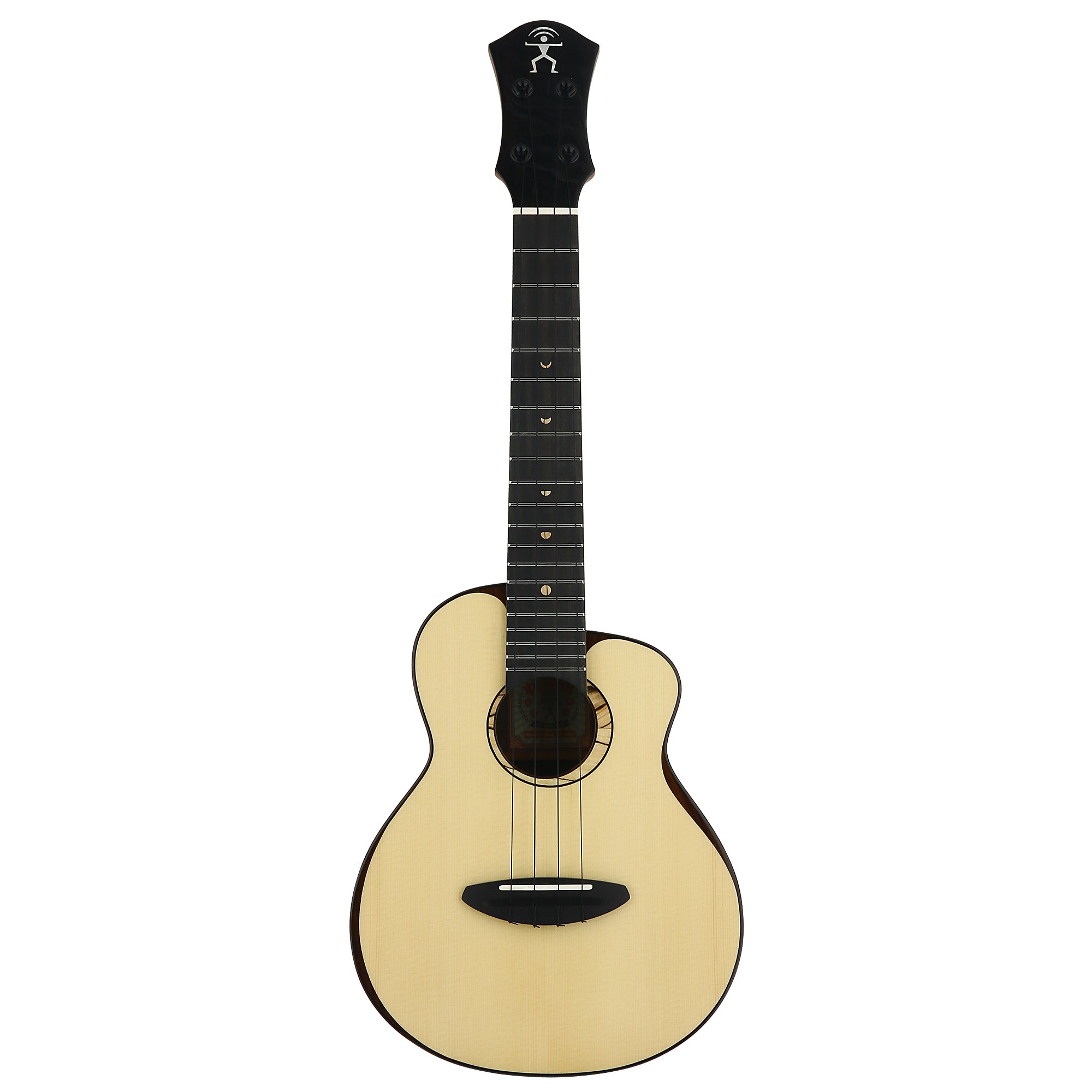
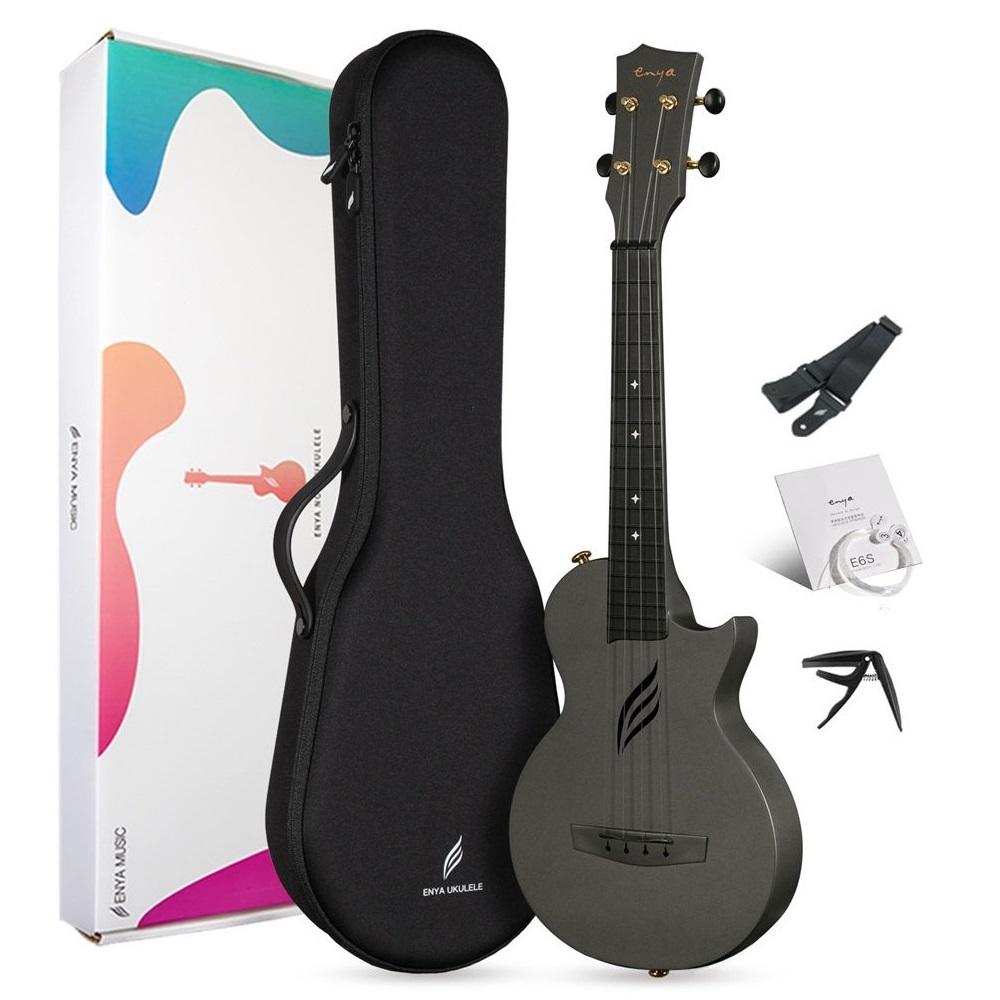
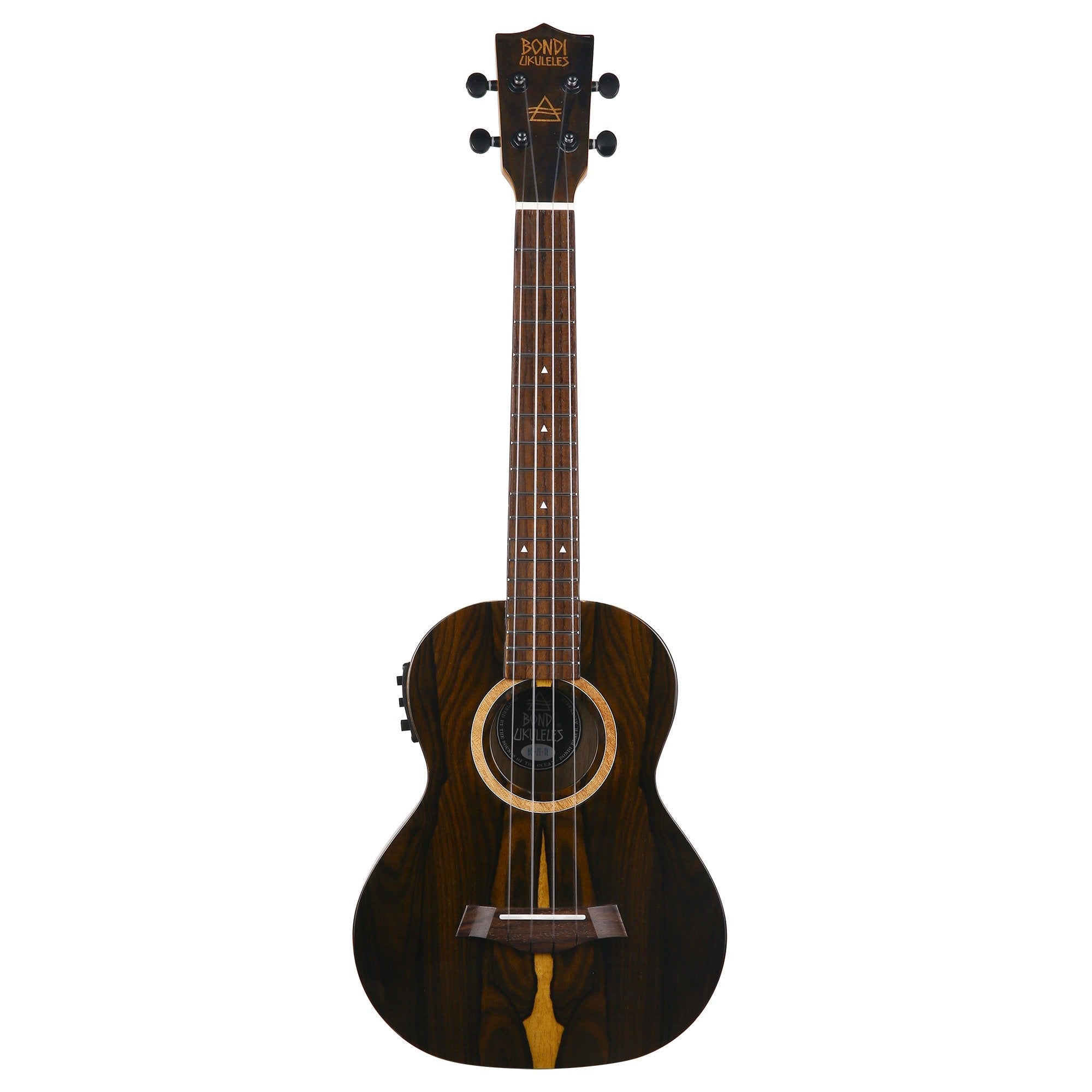
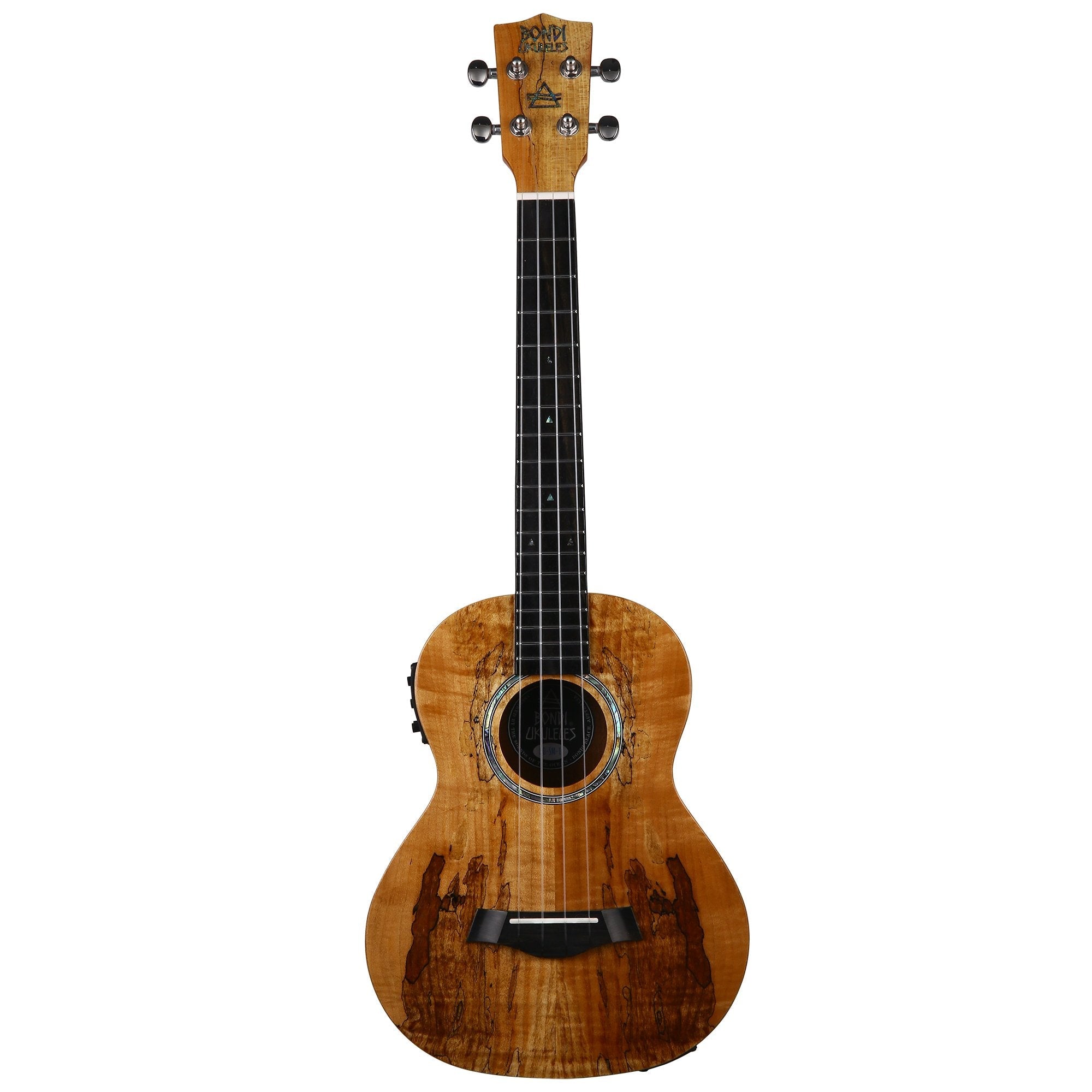
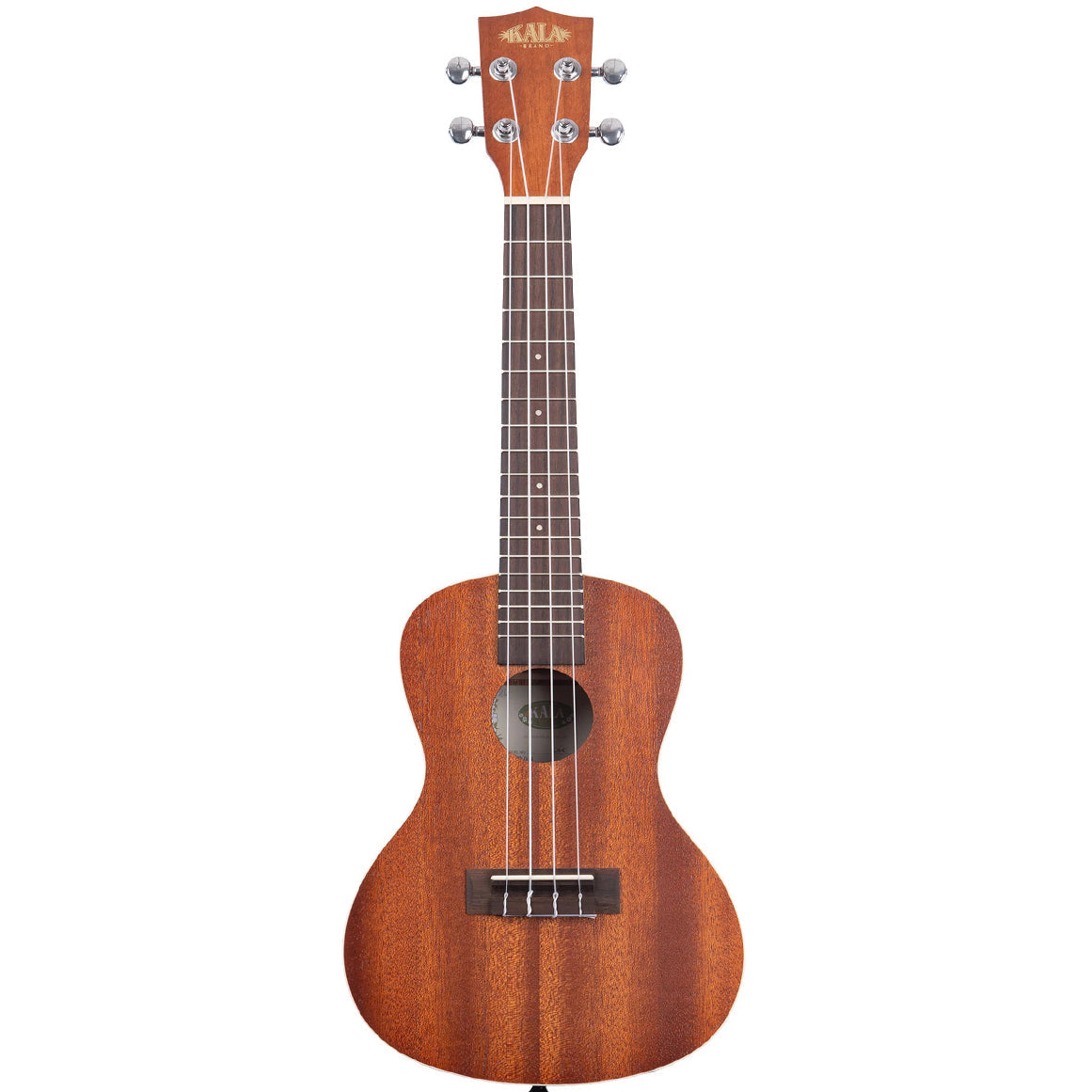
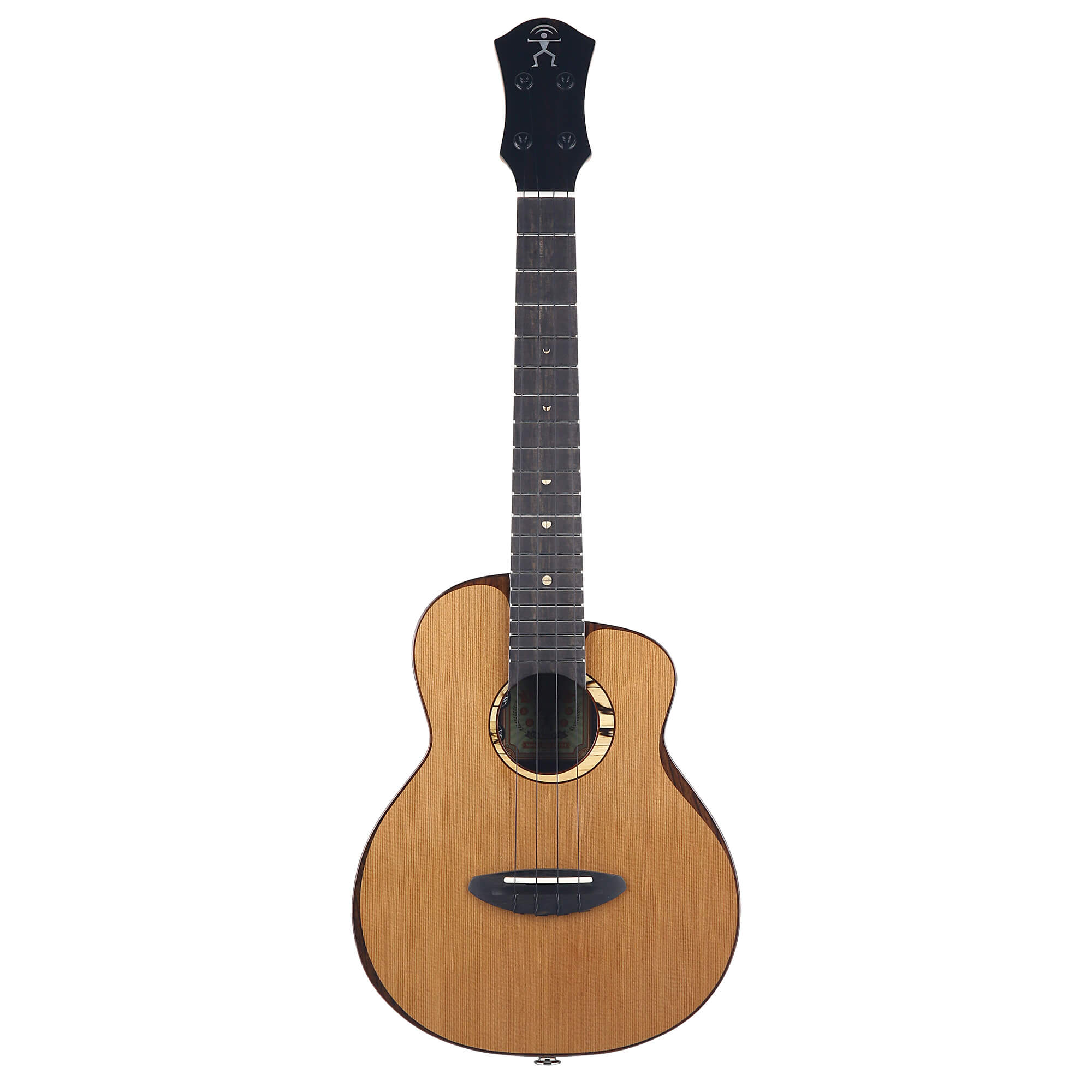





















Leave a comment